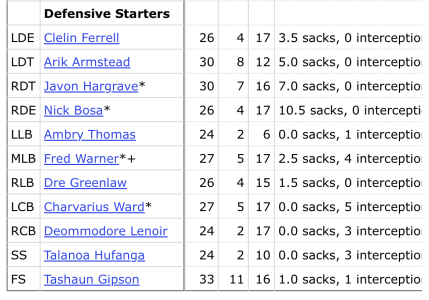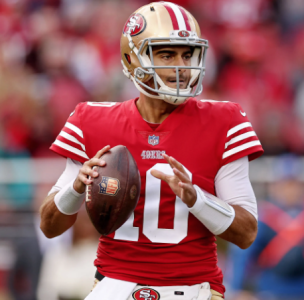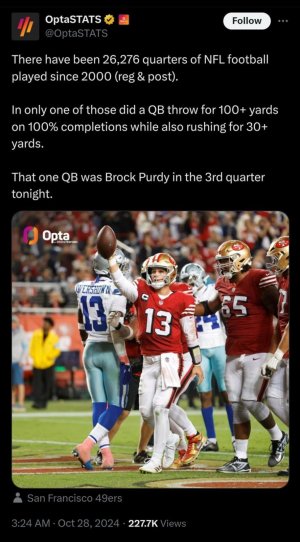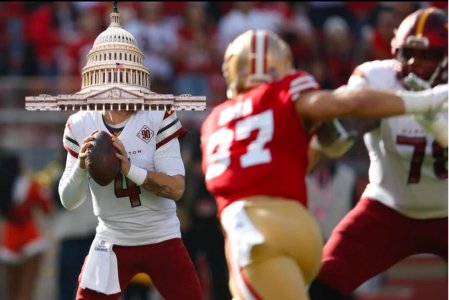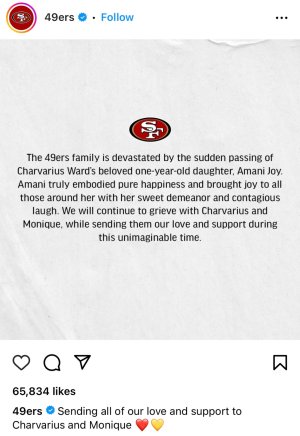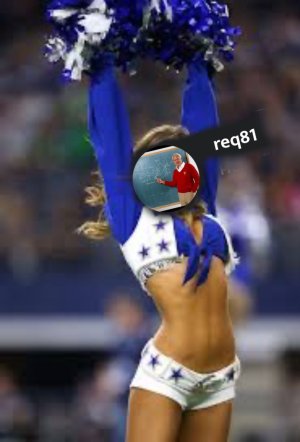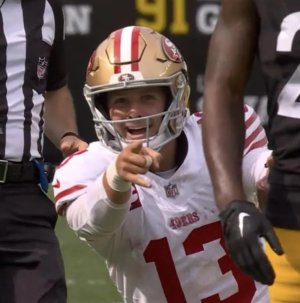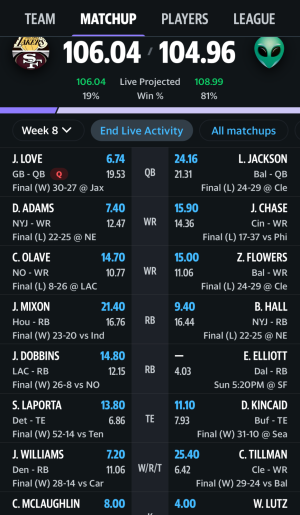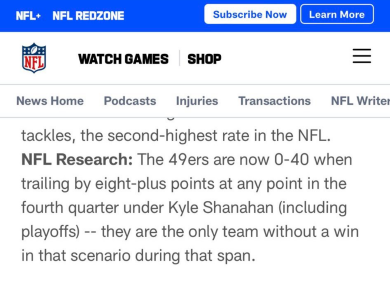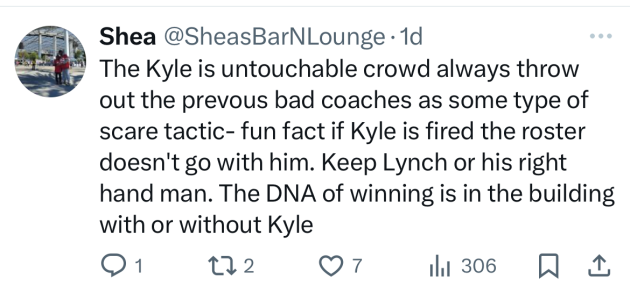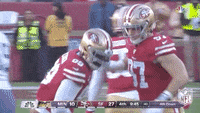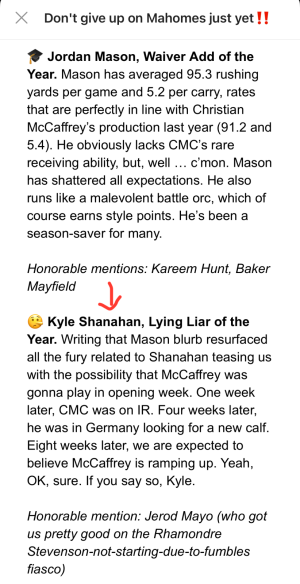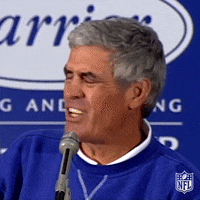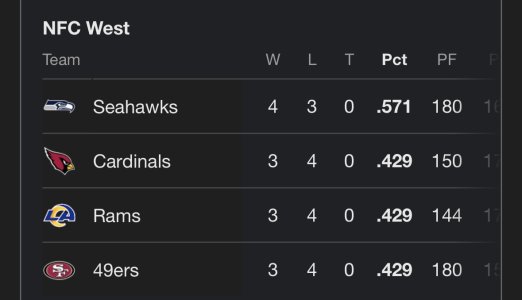The 49ers signed fullback Kyle Juszczyk to a four-year, $21 million contract. At an average value of $5.25 million a year, that’s more than double the next-highest fullback deal (Ryan Hewitt, Cincinnati, $2.5 million a year).
Juszczyk (pronounced “YOOZ-check”) carried the ball seven times in his four years as a Raven, for a grand total of 25 yards. But this play—his last rush for Baltimore, part battering ram, part athlete—gives you part of the idea why he got the big dough:
“Talking to teams, that play was pretty big, I think,” said his agent, Joe Linta.
“I think that play’s probably a big reason for the money I got,” Juszczyk said. “I think it showed my power, and a little bit of me as an athlete.”
Amazing story, really. Juszczyk was an unknown from Harvard in January 2013 when he got his big break: Senior Bowl director Phil Savage, widely respected in NFL circles, invited him to the late January showcase, and Juszczyk performed well. He caught 97 balls out of the backfield in limited duty for Baltimore, and his ability to run routes and block and play well on special teams caught the eyes of several teams in free agency. With the market flush with cash—the 32 NFL teams were an estimated $1.1 billion under the cap entering free agency—young players with a skill set were going to make money. Linta aimed high.
He said one team would have paid Juszczyk more than the Niners did (the Jags, Eagles, Bills and Jets also were in competition), but two things swayed the 25-year-old former college tight end: He loved what he heard about San Francisco coach Kyle Shanahan’s offense and the multiple ways he might be used, and he and his girlfriend loved the thought of living and working in California.
But the money … Even to player (“surreal,” Juszczyk said) and agent, it was a little bit of a wow. “When I told the teams where I thought the market on Kyle was,” Linta said, “some of them threw up in their mouths a little bit. When we got the deal, the funniest line from one of the teams was, ‘Joe, you got a YUGE-check for that kid.’” Though the cap has risen 39 percent in the past six years—from $120M in 2011 to $167M in 2017—the fact that the Niners paid Juszczyk double what a traditional fullback makes was pretty eye-popping.
San Francisco GM John Lynch said Juszczyk should rightfully be called an “OW”—offensive weapon—now rather than a fullback. It’s likely Shanahan will use him on a special team or two, as a blocking back, as a wheel-route specialist out of the backfield, and either as a second tight end/H-back in some formations, and possibly split out very occasionally. Instead of running seven times in four years, he might have 70 rushes and 70 catches in an average Niner season. “My role will be very diverse,” he said. “It will involve blocking and touching the ball, for sure. But one of things they emphasized was what I do might not always be seen by the fans, but there are other ways you can contribute to winning, like pass protection.”
Teams don’t pay pass-protecting backs $5 million a year. So the bull’s-eye will be on Shanahan to build a major role in the offense, and for Juszczyk to produce.















